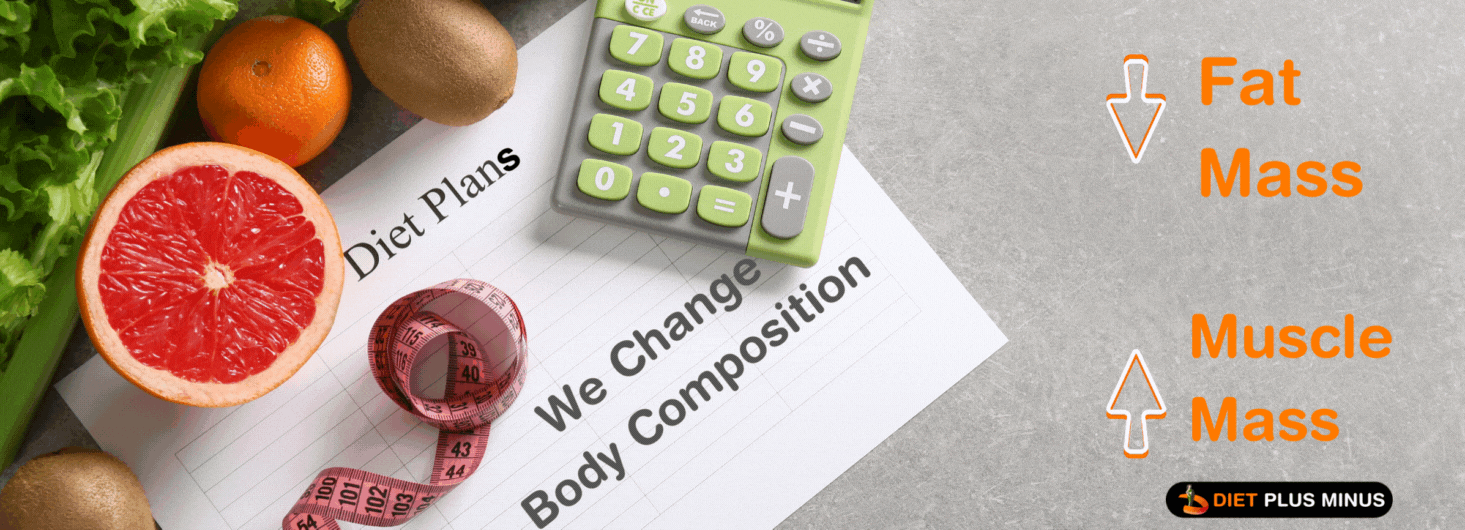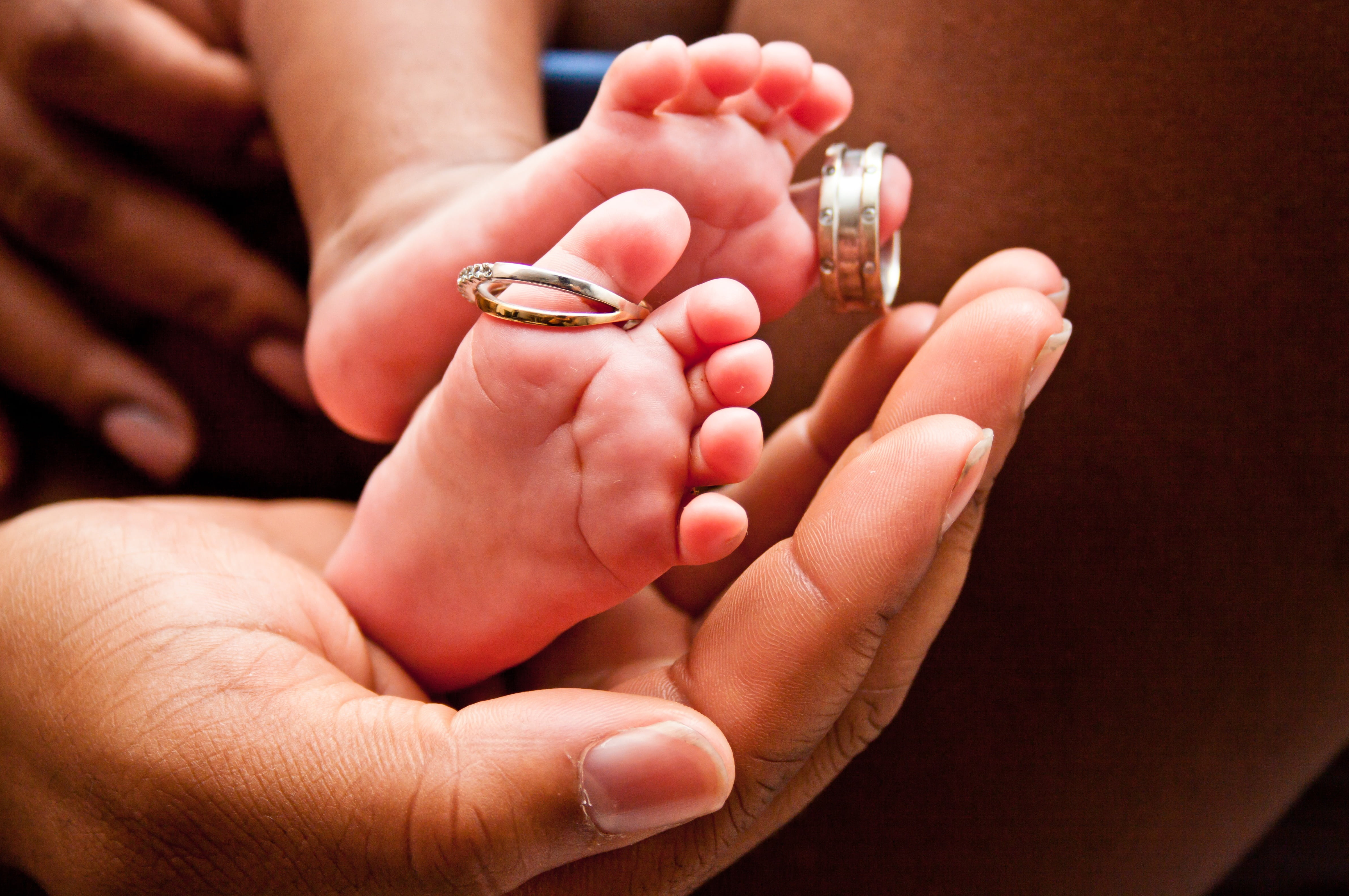


| Duration | Price | |
| 4 WEEKS DIAMOND PLANS | Rs 7000 | Express Checkout |
| 14 WEEKS DIAMOND PLANS | Rs 20000 | Express Checkout |
| Duration | Price | |
| Express checkout |
In countries like ours, pregnancy is considered “Good news”. There are several taboos regarding what to eat and what not to eat…….. What to do and what not to do. People usually say…...hey, don’t eat papaya… you are pregnant. Don’t lift heavy objects; it may harm you and your baby. Some of them are nonsense but others have a scientific reason behind them.
We all know “Swasth Sharir Me Swasth Man Ka Niwas Hota Hai” When you talk about a healthy body or healthy mind then one thing which will come first is a healthy diet especially when we think about pregnancy.
A healthy diet and healthy lifestyle are important for any human being at any time, but they become vital if you're pregnant or planning a pregnancy. Healthy eating keeps your baby good and makes you feel rich from the inside. Healthy eating gives your baby the essential nutrients in the womb.

Overall, the target for a balanced diet, with an appropriate balance of all the 5 food groups:
Vegetables and legumes
Whole cereals
Milk, yogurt, and cheese
Meat, poultry, fish, and other protein sources
Fruits
It’s time to take care of yourself as the body goes through several physical and hormonal changes. You have to fulfill the demands of your body in addition to the growing one in your womb. Mothers and elderly in the house normally recommend….eat double…...you have to eat for two. It doesn’t mean that if you eat 2 chapattis at lunch then you have to eat 4 chapattis at lunch. It’s almost impossible to follow the recommendations of the elderly. Eating a healthy, balanced diet will help you feel good and will fulfill the requirements of both you and your baby.

The food you eat is the main source of nourishment for your baby. So, it’s critical to get all the nutrients you need. Let’s discuss the food which can fulfill your and your baby’s nutritional requirements and also satisfy your cravings.
Increased nutritional requirements during pregnancy
There is no doubt that there is increased nutritional stress on your body, as you are feeding a whole new person. But, still, you don’t need to double your intake. From the day you know that you are pregnant, your micronutrients and macronutrients intake should ideally increase to support yourself and your baby.
Micronutrients are the dietary components needed by the body in relatively smaller amounts, such as vitamins and minerals. Macronutrients on the other hand are needed by the body in larger amounts to provide calories, i.e., energy to do work. Carbohydrates, proteins, and fats are considered macronutrients. Each of these is needed in more quantities during pregnancy.
|
Nutrient |
Daily requirements for pregnant women |
|
Protein |
70-100 grams, increase per trimester |
|
Calcium |
1200 milligrams (mg) |
|
Iron |
27 milligrams (mg) |
|
Folate |
600-800 micrograms (mcg) |
Including a variety of healthy foods in the diet may fulfill your increased nutritional needs, such as foods rich in:
Protein
Complex carbohydrates
Healthy fat
Vitamins & minerals
Water requirements
Drink plenty of water every day — make sure water should not be contaminated.
Criteria for safe and wholesome water are
It should be both
Free from pathogenic agents like viruses, bacteria, or any micro-organism
Free from harmful chemical substances
It should be pleasant to the taste, i.e. free from color and odor and it should be used for domestic purposes.
Most potable water in India contains fluoride, which helps your growing baby's teeth develop strong enamel. Now the question arises, what to eat and how much to eat. Given below is a brief discussion about this.

Believe me, to feed yourself properly is not rocket science. It’s just a modification of a regular healthy eating plan. Continue your calorie intake normal in your first trimester, but mindful eating is important here. In the second trimester, increase 350 calories daily and in the third trimester, an increment of 450 calories per day is recommended.
Avoid foods with zero nutritional value i.e., junk foods, chips, and soda. Replace these items with fresh fruits, vegetables, and lean proteins like chicken, fish, beans, and lentils. It doesn’t mean that you have to avoid all of your favorite food items during pregnancy. You just have to make a proper balance between your favorite food items and nutritious foods, so that you don’t miss any important vitamins or minerals.
Simple carbohydrates peak insulin whenever you eat and it may develop insulin resistance so, the basic concept of healthy carbohydrates is to choose complex carbohydrates and avoid simple sugar as much as you can. Eat wholemeal instead of processed food when you can. Mindful eating will make your baby more strong and free from any metabolic errors.
We all know protein is the building block of our body. Protein foods help the baby to grow. Sources of protein include meat, fish, poultry, eggs, legumes/beans, paneer, and nuts. Eat an adequate amount of protein every day. Proper growth of the baby's tissues and organs, including the brain, needs protein. So, protein intake is very critical during pregnancy. It is also needed for breast and uterine tissue growth during pregnancy. Protein also plays a role in increasing blood supply, allowing more blood to be sent to your baby.
Protein intake should be increased every trimester. 70-100 gms of protein is needed per day.

Protein sources to be included during pregnancy:
Chicken
Salmon
Lean beef and pork
Nuts
Peanut butter
Cottage cheese
Beans
Your plate should include plenty of fruit and vegetables because these provide vitamins and minerals, as well as fiber, which helps digestion and prevents constipation. Always wash them carefully under running tap water. If possible peel off the skin. Deep fry is not good to preserve nutrients. Cook vegetables lightly in a little water, or eat them well washed raw or you can shallow fry them to get the benefit of the nutrients they contain.
Dairy foods such as milk, cheese, and yogurt, paneer are important as they contain several nutrients like calcium, iron, magnesium, and others that your baby needs. Choose reduced-fat varieties wherever possible. Some cheeses should be avoided — see Foods to avoid.
Snacking is not good at all for most of the persons especially when we are talking about healthy eating. In pregnancy snacking is also bad but grandparents feel bad if you are not eating the food in between as they think the baby requires more and more nutrition. So, don’t eat snacks that are high in fat or sugar, such as sweets, biscuits, junk food, outside food, or chocolate.
Instead, choose from the following nutritious snacks:
Grilled chicken, mashed tuna, salmon or sardines, and salad
Salad vegetables, such as carrot, celery, or cucumber
Low-fat yogurt
Vegetable sticks
Fruits like apricots, figs or prunes
Vegetable and bean soups
Unsweetened breakfast cereals, or porridge, with toned milk
Fresh fruit
Calcium is needed to regulate your body’s fluids and to build a baby’s bones. The daily requirement of a pregnant woman is 1,000 mg of calcium. Additional supplementation of calcium is needed to fulfill the requirement, ideally 500mg 2 times a day.
Calcium sources to be included during pregnancy:

This is commonly known as folic acid. It plays an important role in reducing the risk of neural tube defects. These include major birth defects such as spina bifida and anencephaly. According to the American College of Obstetrics and Gynecology, 600-800 mcg of folate is required per day for pregnant women.
Folate sources to be included during pregnancy:
Leafy vegetables, dark green
Dried beans and lentils
Liver
Eggs
Nuts
Peanut butter
Iron, in addition to sodium, potassium, and water is needed to increase blood flow. Proper blood flow is crucial for the supply of oxygen in enough quantity for both you and your baby. 27-35 mg of iron is needed per day by a pregnant woman. In addition to this vitamin C is also needed to increase the absorption of iron.
Iron sources to be included during pregnancy:
Eggs
Lean beef and poultry
Enriched bread or cereals
Citrus fruits
Dark green, leafy vegetables.
It is more important to concentrate on the quality of the food you eat rather than the quantity. Eating too much sugar can develop insulin resistance and obesity. If you are hungry all the time even after having a meal then it is not good for you and your baby. If you have a healthy meal every day, it is easier to avoid snacking on foods that are high in sugar. If required you can add some healthy fats. These are some food you must avoid during pregnancy (avoid certain foods) because they are not healthy for both of you or they can be dangerous for the baby. You will need to be careful with your diet if you develop gestational diabetes. Nutrients like choline, salt, and B-complex vitamins are also necessary during pregnancy to keep you thriving.
In addition to eating a well-balanced diet, intake of at least 8-10 glasses of water per day is also very important. To fulfill the demand for certain nutrients like folate, iron, and choline, from food alone, is difficult. Talk to your doctor. He/ she will recommend prenatal vitamins best suitable for you. Don’t take any medication or supplementation without the recommendation of a medical practitioner.
During pregnancy, you start to love some food…..feel cravings for that and opposite to that, start hating some food items because you don’t like its smell and taste, called aversion.
During pregnancy, a lot of changes are noticed. You might start loving certain foods like a donut, Chinese food, or some unusual combinations like dessert with pickles. However, the actual reason behind these cravings or aversions during pregnancy is unclear; some researchers believe that it’s because of changes in hormones.
You can go with these cravings sometimes, but try to find healthy options for these cravings like oven-roasted sweet potato wedges in place of French fries. Limit the intake of junk food and processed foods.
If you feel aversions to foods necessary for the growth and development of a baby, it’s problematic. If you feel so, talk to your doctor. He/ she will suggest other foods or supplements that compensate for the lack of those nutrients in your diet.
Some pregnant women have cravings for items that have no nutritional value, like clay, ashes, starch, or other strange things. Pica during pregnancy indicates the deficiency of certain vitamins or minerals. It’s important to notify your doctor if you feel cravings for non-food items. Consumption of such products can be dangerous for both you and your baby.
If you are conscious of weight gain during pregnancy, don’t stress too much. Weight gain is normal during pregnancy. This extra weight is needed for the nourishment of the baby. Some of it is stored for breastfeeding after the birth of your child. Normally, a healthy woman gains 11-15 kg (25-35 pounds) of weight during pregnancy. You can gain weight more or less than this, it’s quite normal.
Although everyone is different, the chart given below indicates some values of weight gain during pregnancy. Recommended weight gain during pregnancy with one baby:
|
Starting weight |
BMI |
Expected weight gain during pregnancy |
|
Underweight |
<18.5 |
28-40 lbs |
|
Average weight |
18.5-24.9 |
25-35 lbs |
|
Overweight |
25-29.9 |
15-25 lbs |
|
Obese |
>30 |
11-20 lbs |
Don’t worry, if your weight gain is different from this because everyone is different and every pregnancy is also different. Just focus on nutritious foods instead of weight gain. Dieting to lose weight or prevent gain during pregnancy can be harmful to both you and your baby.
In addition to a healthy diet and supplements, exercise during pregnancy is also very important. It helps to manage your health and removes stress. Swimming and walking are good options. Avoid extra strenuous exercises like rock climbing or playing basketball. If you don’t exercise regularly, then start slowly during pregnancy and don’t overdo it. Join a yoga class or other exercise class that focuses specifically on pregnant women for extra support.

Pregnancy is a very crucial time for every woman….either rich or poor...working or housewife. Certain food items should be included during pregnancy and some food items should be avoided during this period. When you are trying to conceive or already conceived, supplement folic acid in your food or consult your gynecologist for early initiation of folic acid. It is essential for a baby’s brain growth.
|
Foods to be included |
Foods to be avoided |
|
Protein in every meal |
Uncooked processed meat |
|
Prenatal vitamins |
Raw meats and seafood |
|
Essential fats |
High mercury fish |
|
Dairy products high in calcium |
Unpasteurized dairy |
|
Whole grains |
Excessive caffeine |
|
Fruits and vegetables (4-5 servings) |
Alcohol |
1. Wash fruit, vegetables, and salads. In India, we usually do not find ready-to-eat salads very easily but these are very common in other countries. Washing removes all traces of soil, which may contain micro-organism toxoplasma, a parasite that can cause toxoplasmosis, which can harm your unborn baby.
2. Careful washing of all the surfaces, utensils, and hands, after preparing raw meat to avoid toxoplasmosis and other common infections such as salmonella, listeria, and campylobacter.
3. Storage also plays a very important role in preventing diseases. Always store raw foods separately from readymade or ready-to-eat foods to prevent contamination that leads to food poisoning.
4. Use a separate chopping board for chopping raw meats.
Other useful Links:
Register/Login I Blog I Subscription Plans I Calculator I Exercises I All Testimonials I Before and After I Recipe I Amazon Pantry 
Before joining we need some blood and urine reports. So, if you are planning to join please do these tests and then consult with Dr. Pankaj Kumar. A detailed discussion will uncover many folds of your health problems which you should know for better management.
Read More
It is advisable to keep your reports handy if you are coming to the clinic or send your reports on our WhatsApp number (+91) 9582292288 if you want to consult online. You can share reports on our email also dietplusminus@gmail.com
Read MoreFor one monthly plan, we do not offer any refund. Customization is a time taking process and after delivering a diet refund is not possible rather we can further customize it as per your choice and body’s requirements. So before joining, make sure you will continue for the chosen duration. Read our refund policy here.
Read MoreIf you are desperate to get results in just a few days then you are not in the right place. We advise people to watch this video to understand “why weight loss or any lifestyle modification results take time?”
Always remember, if you are getting results in just a few days then the probability of muscle loss is more. An ill person does not give any result. “Swasth sharir me swasth man ka niwas hota hai.” Most overweight or obese patients do have insulin resistance. Without healing insulin resistance you may not see any result. If your insulin is settling down, if insulin sensitivity is becoming better, you will certainly see positive results. Weight loss is very difficult in certain diseases as these patients do not respond to diet and exercise programs. In these cases, pharmacotherapy may be required or in extreme cases, bariatric surgery is the only option. Weight loss is a very complicated process and it requires a lot of motivation as well as the right guidance.
These are the diseases/conditions where weight loss is very challenging.
We do not give any guarantee as the results vary from patient to patient. We help to heal your body from the inside and you will definitely feel better. Results are not only observing weight change on the weighing scale rather you should focus on body composition change. It is usually observed by decreasing fat percentage and increasing muscle percentage. We always stressed to read our terms and condition carefully before joining. We do not initiate any refund if you do not get the results as we already informed you results vary from person to person. Read our refund policy here.
Read MoreNothing, you need not to pay only consultation charge which you have to pay before the consultation. Please book an appointment from here.
Read More
His lifestyle modification program is definitely superior and there are multiple reasons for joining his program; we are mentioning a few of them.